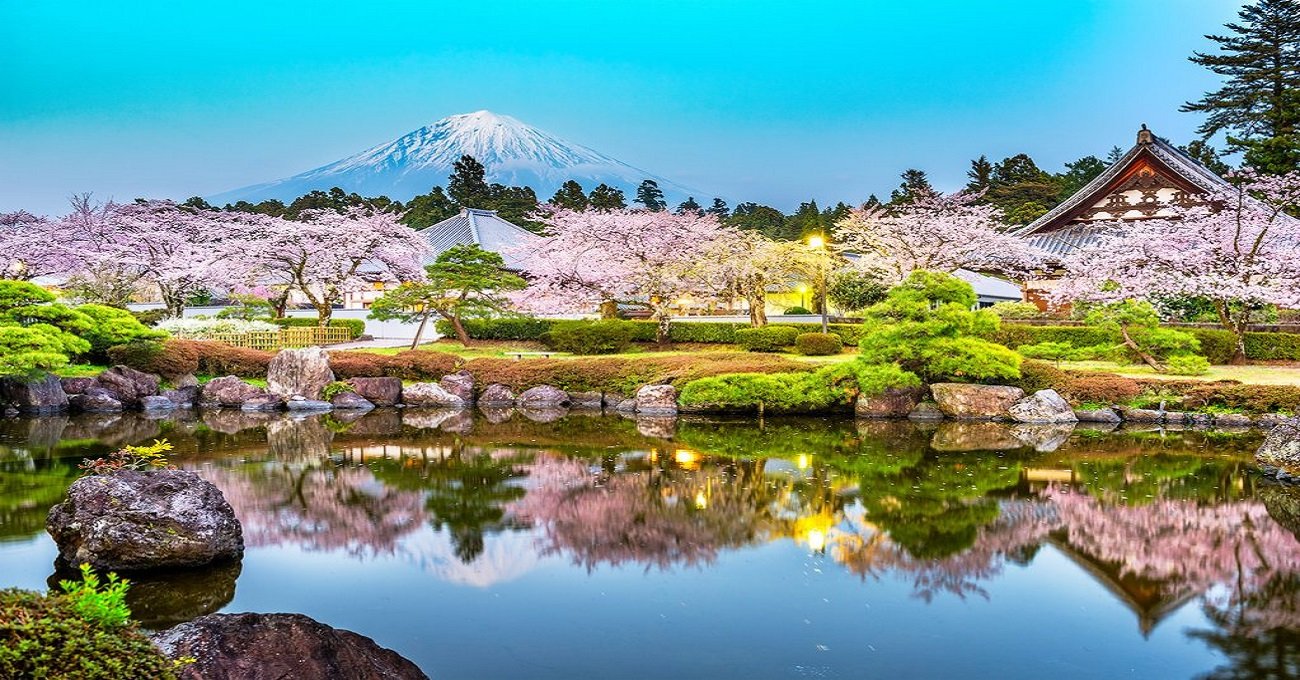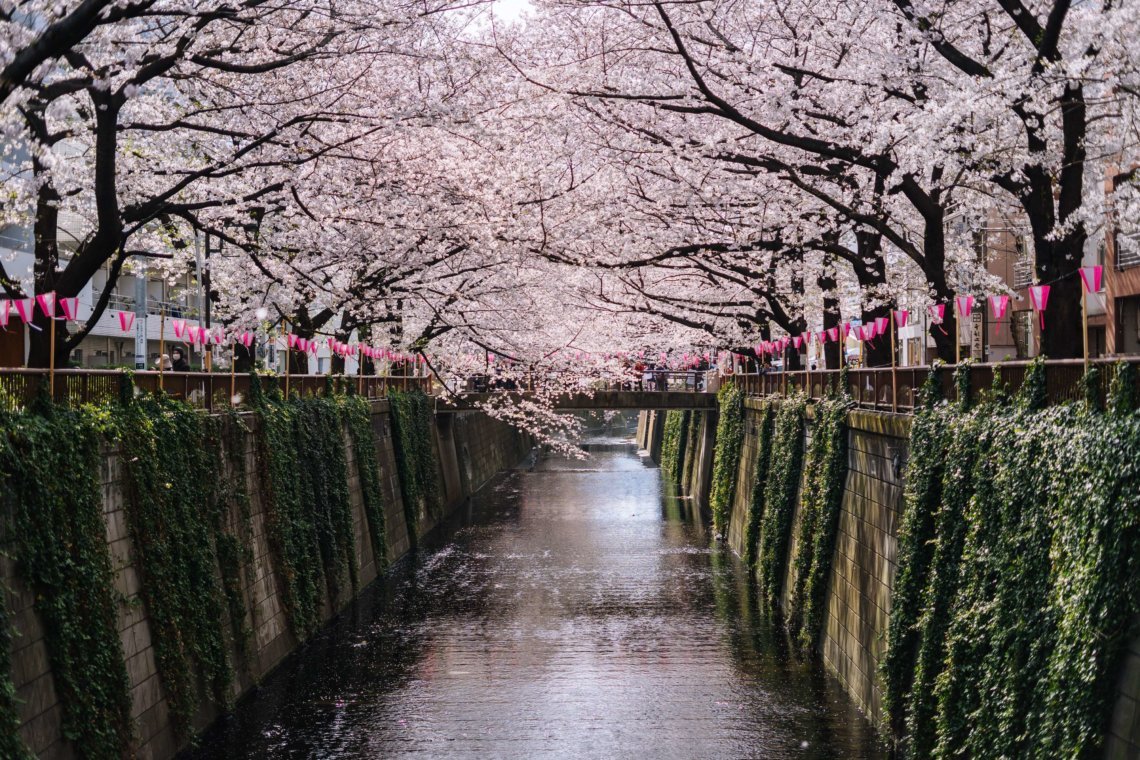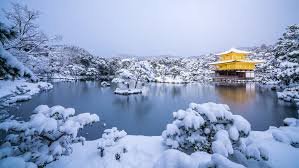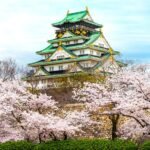
- arrow_back Home
- keyboard_arrow_rightJapan Weather
Japan Weather

Japan Weather: A Complete Seasonal Guide for Travelers
Planning a trip to Japan? Understanding Japan weather patterns is essential for choosing the best time to visit, packing appropriately, and making the most of your experience. Japan’s climate varies dramatically across its four distinct seasons—each offering unique attractions, from cherry blossoms in spring to snow festivals in winter.
Located in East Asia, Japan experiences a temperate climate with regional variations. Hokkaido in the north has cold winters and mild summers, while Okinawa in the south enjoys a subtropical climate with warm temperatures year-round. Central regions like Tokyo and Kyoto have four distinct seasons, making them ideal for traditional cultural experiences.
Spring (March-May) is one of the most popular times to visit, thanks to the world-famous sakura (cherry blossoms). Summer (June-August) brings hot, humid weather, vibrant festivals, and lush green landscapes. Autumn (September-November) offers cool temperatures and stunning koyo (fall foliage), while winter (December-February) transforms northern Japan into a snowy wonderland, perfect for skiing and hot springs.
Rainfall varies by season, with the June-July rainy season (tsuyu) affecting most of the country, and typhoons possible from August to October. Whether you’re hiking Mount Fuji, exploring Tokyo’s neon streets, or relaxing in an onsen (hot spring), knowing Japan’s weather patterns will help you plan the perfect trip.
In this guide, we’ll break down Japan’s weather by season, region, and month, providing essential tips for travelers. Let’s dive in!
Japan’s Climate Overview
Japan’s weather is influenced by:
Latitude & Geography – Stretching 3,000 km north to south
Ocean Currents – Warm Kuroshio and cold Oyashio currents
Monsoon Winds – Seasonal shifts bringing rain and snow
Four Distinct Seasons
Spring (March-May) – Mild, cherry blossoms
Summer (June-August) – Hot, humid, rainy season
Autumn (September-November) – Cool, fall foliage
Winter (December-February) – Cold, snowy in the north
Japan Weather by Season
1. Spring (March-May)
Temperature: 10°C to 20°C (50°F to 68°F)
Key Events: Cherry blossoms (late March-April), Golden Week (late April-early May)
Best For: Sightseeing, hiking, photography
Regional Differences
Hokkaido: Cooler, cherry blossoms in May
Tokyo/Kyoto: Peak blooms late March-early April
Okinawa: Warmer, flowers bloom earlier
2. Summer (June-August)
Temperature: 25°C to 35°C (77°F to 95°F)
Key Events: Gion Matsuri (Kyoto), fireworks festivals
Challenges: High humidity, typhoons (August-September)
Rainy Season (Tsuyu)
When: Early June to mid-July (except Hokkaido)
Tips: Pack waterproof gear, visit indoor attractions
3. Autumn (September-November)
Temperature: 15°C to 25°C (59°F to 77°F)
Key Events: Fall foliage (October-November), Halloween in Tokyo
Best For: Hiking, cultural tours
Best Foliage Spots
Kyoto (mid-November)
Nikko (early November)
Hokkaido (early October)
4. Winter (December-February)
Temperature: -5°C to 10°C (23°F to 50°F)
Key Events: Sapporo Snow Festival, illuminations
Best For: Skiing, hot springs, winter festivals
Snowfall by Region
Hokkaido: Heavy snow, ideal for skiing
Tokyo/Kyoto: Light snow, mostly dry
Okinawa: Warm, rarely below 15°C (59°F)
Best Time to Visit Japan
For Cherry Blossoms
When: Late March to early April
Top Spots: Tokyo (Ueno Park), Kyoto (Philosopher’s Path)
For Skiing & Snow Festivals
When: December to February
Best Resorts: Niseko, Hakuba
For Mild Weather & Fewer Crowds
When: May or October
Why: Avoid rainy season and peak heat
Packing Tips for Japan Weather
Spring & Autumn
Light jacket, layers
Comfortable walking shoes
Summer
Breathable clothing
Umbrella/raincoat
Winter
Thermal wear, gloves
Waterproof boots (for snow)
Summary: Making the Most of Japan’s Weather for Your Trip
Japan’s diverse climate ensures that no matter when you visit, there’s always something extraordinary to experience. From the delicate pink hues of cherry blossoms in spring to the fiery autumn foliage, the powdery ski slopes of Hokkaido in winter, or the lively summer festivals under starry skies, each season paints the country in a unique light. Understanding Japan weather is key to planning an unforgettable journey—whether you’re a nature lover, culture enthusiast, or adventure seeker.
Spring and autumn are often considered the best times to visit, offering mild temperatures and stunning natural scenery. However, summer brings its own charm with vibrant matsuri (festivals) and beach escapes, while winter transforms Japan into a snowy paradise perfect for skiing and hot spring retreats. Regional variations mean you can tailor your trip based on preferences—head north for cooler summers and epic snowfall, or south for subtropical warmth year-round.
To maximize your experience, pack appropriately for seasonal conditions and book accommodations early during peak periods like cherry blossom season or Golden Week. Whether you’re wandering through Kyoto’s bamboo forests, savoring street food at a summer festival, or soaking in an outdoor onsen surrounded by snow, Japan’s ever-changing weather only adds to its magic.
Ready to embrace Japan’s seasons? Start planning today—every month offers a new adventure! 🌸🍁⛷️🎆
Popular
- Thailand
- Vietnam
- Dubai
- Bali
- Autour du globe
- Terms-conditions
- Contacts
- Privacy-policy
- About US
About us
Are you ready to trade the everyday for extraordinary experiences? This travel blog is your one-stop shop for crafting the perfect summer escape.
Contact us : info@coyotrip.com














